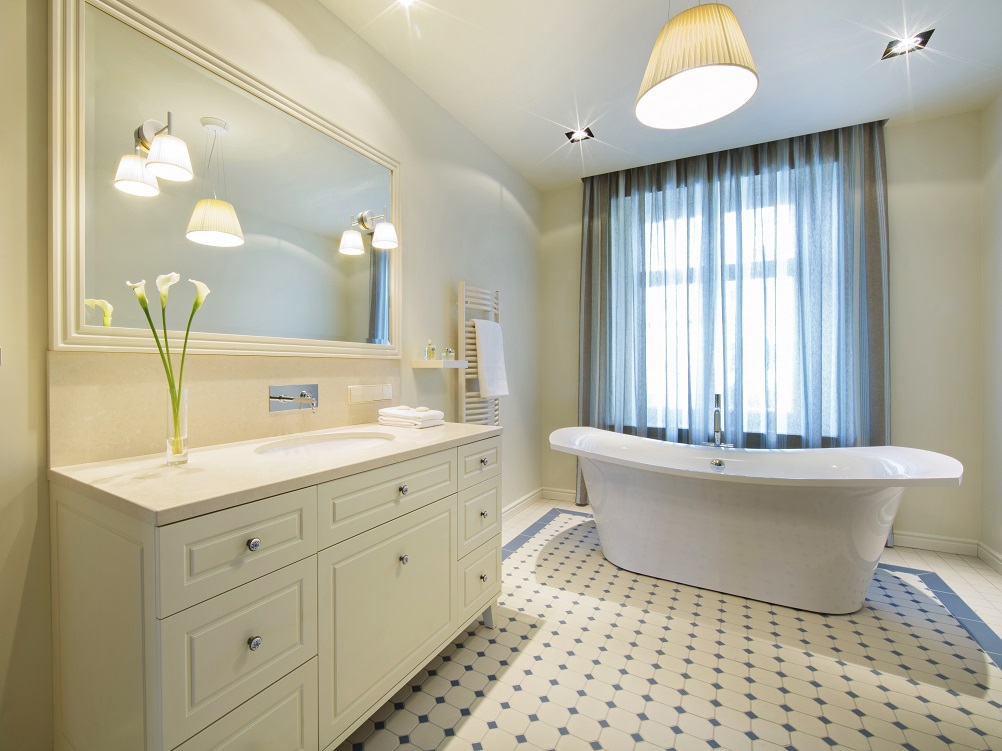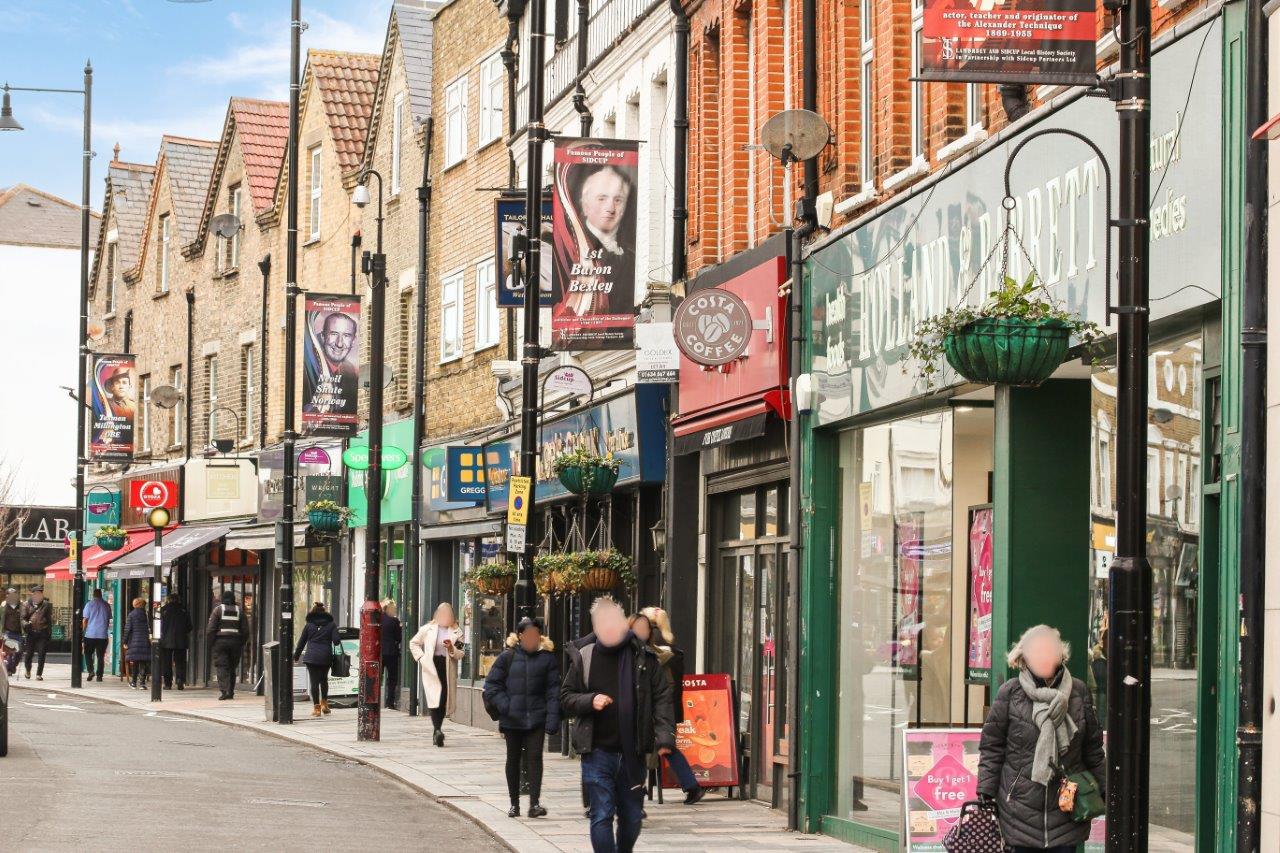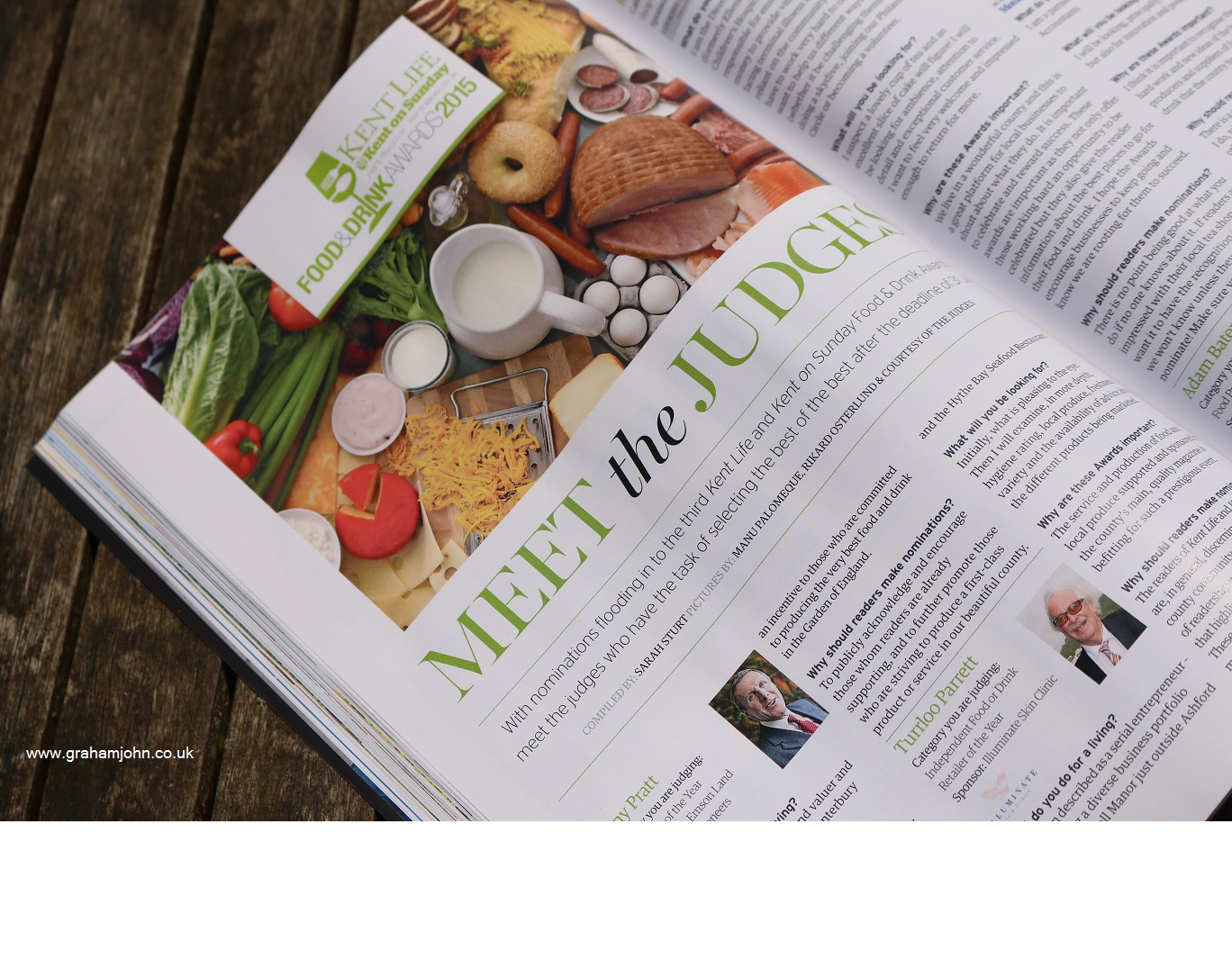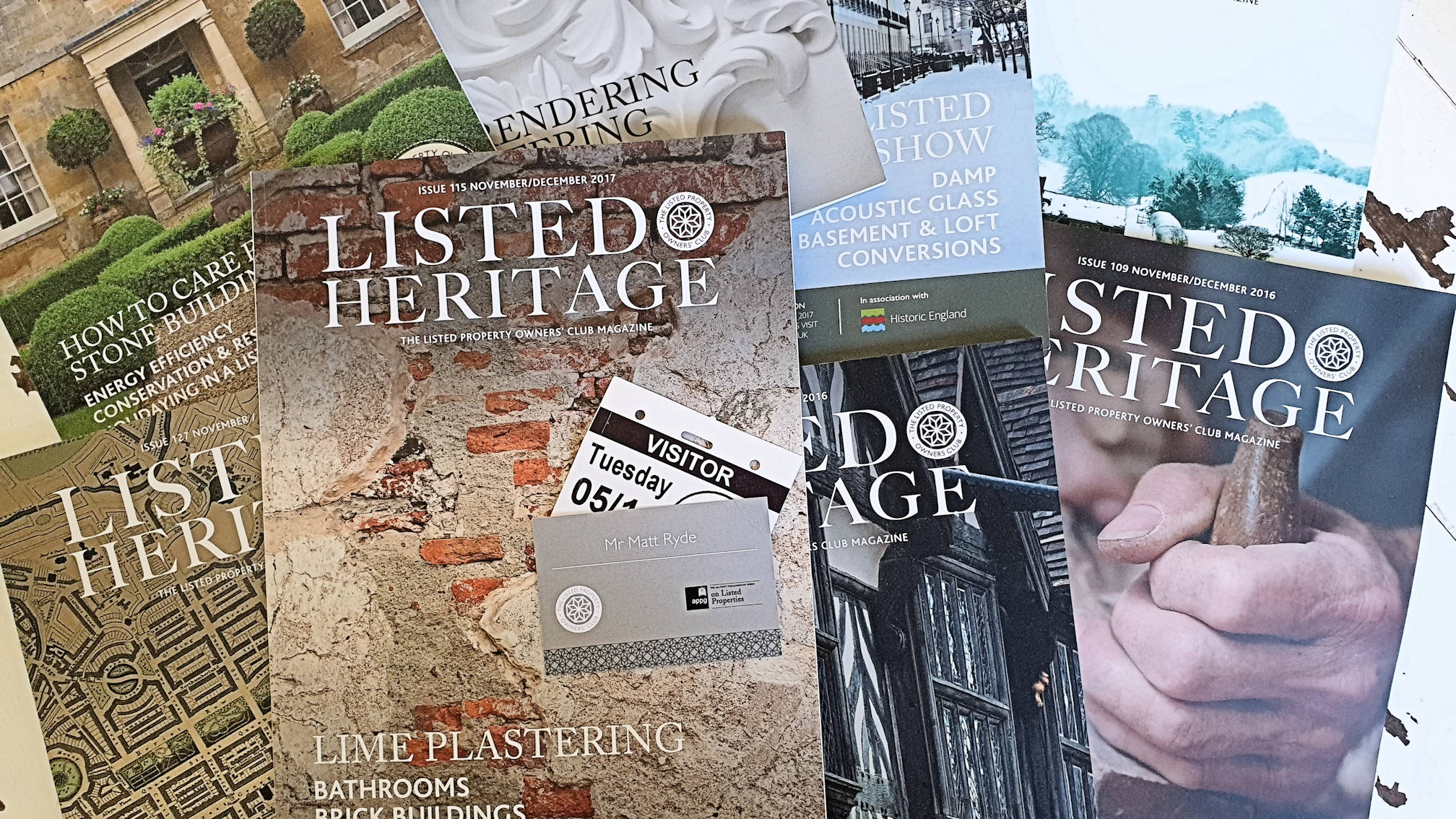What is happening socially with attitudes towards property and what impact does that have on the future of the market?
When I was growing up a well used phrase was ‘An Englishman’s home is his castle’. It’s not a phrase I have heard myself use in decades and it isn’t one we seem to come across nowadays but it does remind me that there is a deep rooted fixation with property ownership in this country, it’s part of the ‘English’ psyche.
With a deep rooted desire to purchase evident it is interesting to note that the percentage of people living in rented accommodation has been rising since two thousand and two. Prior to that year, the peak of owner occupation, the percentage of the population in rented accommodation had been steadily declining or rather, the percentage of homes owner-occupied had been rising for decades with probably the greatest rise in the eighties.
Many people see homeownership as a quick root to making money.
The perceived wisdom with property has always been one of a long term investment. Get on the ladder when you can afford it, work your way up the ladder as life permits, aim for ‘the dream four bed detached’ and once the kids have left home and retirement arrives, think about selling up, clearing the mortgage, downsizing and banking some money too. You realise the long term investment and have security in old age.
Any wealth manager will likely tell you; investments are long term, values can rise and fall and don’t put all your eggs in one basket, also your choices will depend upon your attitude toward risk.
When you look at how average property prices have risen through the decades (see more here ‘What Constitutes a Healthy Market?’) it’s very easy to understand the traditional view.
People see property as two things, an investment and a home.
For me the most important one is as a home. I can’t deny that the investment aspect is important but having a good investment whilst living an unhappy life is not so appealing. Having a great home and happy memories with a poorer investment isn’t great but I still choose happiness first.
Your priority may be different to mine and that’s fine, it’s personal.
How have attitudes changed through the years? Overall, I don’t think they have. Surveys suggest that over eighty percent of people want to own a home.
That sense of ‘it’s my home’ and ‘I’m putting the money into a home for me/us rather than paying rent, money that is thrown away’ greatly influences thinking. Rental can work really well for people, especially those who may need to be able to relocate more easily and more often. Rental is essential for some for whom the system and the balance between earnings and property prices don’t help.
Hopefully people nowadays have and are planning for retirement based upon more than just buying a house.
Interestingly, in a world where some have questioned why older people should stay in larger homes (wait till you reach that age to judge), we realise that the old wisdom of downsize in later life is perhaps changing but why?
I grew up in a coastal environment, bungalows as far as they eye could see. How many bungalows do you see built on new housing developments? How many bungalows have been ‘built over’, enlarged, turned into houses or chalets? The bungalow attraction was often driven by ‘get rid of stairs’ or sometimes, ‘we love holidays in a villa with life on one level’. Land is at a premium so bungalows are perceived as less profitable.
Later in life, when people have accumulated prized possessions, have around them that things they dreamt of when younger, have got used to space for the family, for the grandchildren to come and visit, what most people want is to take a scalpel to their home and remove a bedroom or two but keep the downstairs, the living space that is so precious.
Move to a smaller home, read that as somewhere with fewer bedrooms, and everything shrinks in proportion, not generally what people want; downsizing is selective.
Later life mortgages, regulation of Equity Release and rising retirement ages have had an impact on choices. The average age of retirement had been dropping in the UK, from two thousand and five an increase has been evident. People are generally more active till later in life. We all have an inner age we stop at and retain ever after don’t we, mine is twenty-one, even though our bodies may say something different.
The ability to unlock the investment without moving home is a factor that affects some people’s decision making and means that the average period people stay in a home has also been rising. There are other things happening, families combining homes for affordability, healthcare in later life, tax efficiency.
We have a wealthy lifestyle in this country, some would say an unrealistic one. Things we take for granted today once were never dreamt of by previous generations or perceived as luxuries for the aristocracy.
Through the years many saw rapidly rising property prices as a way to make, release and spend money to fund lifestyles that were otherwise unaffordable.
Banks stress test mortgage applications. ‘Can the person applying afford to pay the mortgage if rates rise?’ The answer always is yes, if they accept that in hard times the quality of life they take for granted will suffer to keep paying the mortgage.
The challenge we all have is that we want property to be a safe and profitable investment yet we want it to be affordable.
We can all find scenarios and cases that add to the picture we try to understand but I feel that our attitude to home ownership is still deeply rooted and, although affordability is a bigger issue these days, all the time banks need to lend and people want to move, the UK property market will continue to be a good long term investment and one the majority of people will want to embrace. How many will be able to is the question.
Beyond everything we should remember that we are buying a home. A home is and should be an investment in ourselves, our happiness, our security, it is an investment that is much more than a financial one. As the popular saying tells us, ‘home is not a place, it is a feeling’.
All I can finish with is: ‘Make Life Special’
This article is in response to question three of ‘Ten key questions to understand where the property market is heading‘.








Leave a Reply